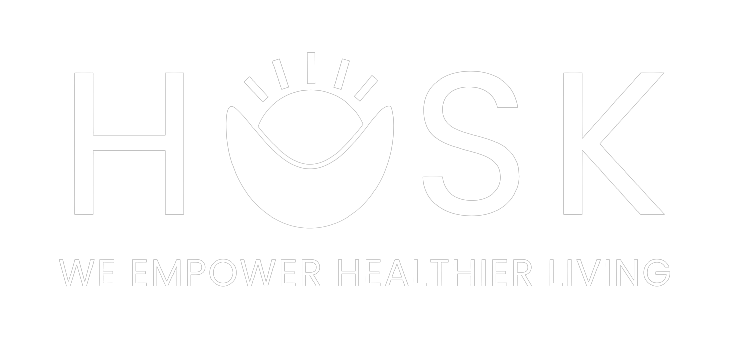
IBD An Overview
What is Inflammatory Bowel Disease (IBD)?
If you’ve ever had gastrointestinal pain you know it can be debilitating. Now imagine that pain never subsiding. Inflammatory Bowel Disease (IBD) is a chronic inflammatory disease that can affect any part of the gastrointestinal tract. Not to be confused with Irritable bowel syndrome (IBS), IBD is long term inflammation which can result in severe abdominal pain and changes to bowel movements. While IBS is a syndrome that can have similar symptoms, however, IBS is not caused by inflammation nor does it create damage to the GI tract. Unlike IBS, there is no one specific cause that triggers IBD to develop and treatment is not the same case to case. IBD is actually an umbrella term used to categorize two conditions: Crohn’s disease and ulcerative colitis.
Crohn’s – Can affect any part of the gastrointestinal tract from your esophagus to rectum however, inflammation most commonly occurs in the small intestine. Within twenty years of diagnosis it is common for an abscess to form in the gut which can result in the development of fistulas resulting in the need for surgery.
Ulcerative Colitis – Occurs primarily in the colon and rectum. Unlike Crohn’s’s the inflammation does not result in fistulas. However, the extensive inflammation may eventually require surgery for removal of the affected area.
The goal for those diagnosed with IBD is to relieve symptoms, prevent malnutrition, induce remission and relieve future flare ups by identifying potential triggers.
Symptoms
- Abdominal pain
- Persistent diarrhea
- Bloody stools
- Significant weight loss
- Fatigue
Symptoms can be relieved by working with a medical team to heal your gut and reduce triggers that can result in worsening of conditions. Those diagnosed with IBD typically do best by following a low residue diet. A low residue diet limits fiber to less than 15 grams a day and limits foods that could stimulate increased bowel activity.
Foods To Avoid
Certain foods can stimulate increased bowel activity and should be avoided. These include:
- Fiber -such as fresh fruits and vegetables
- Sugary beverages and foods – such as soda, ice cream and refined sugars
- Alcohol
- Fried foods
Considerations
Specific considerations for those with Crohn’s:
- Limit nuts, seeds, beans and kernels
- Limit lactose
For those experiencing IBD, it is best to focus on foods that promote gut healing such as:
- Foods containing omega 3 fatty acids due to their anti-inflammatory effect – such as salmon, olive oil and eggs
- Dividing up meals to more frequent smaller portions to promote nutrient absorptions and decrease gastric load
- Talking to a medical professional to discuss potential nutritional supplementation
- Drinking at least 64oz of water a day to maintain hydrated but avoid use of straw to limit potential gas
Those with Crohn’s disease are at greater risk for deficiencies of several vitamins and minerals than those with ulcerative colitis, especially if a portion of the small intestine has been removed. Meanwhile those with ulcerative colitis may be prone to iron, fluid or electrolyte deficiencies especially if there has been removal of the large intestine.
Bottom line, if you are having GI inflammation always work with a medical professional to determine the best form of care and relieve symptoms fast.
By Veronica Campbell RD, LDN
Veronica Campbell is a Registered Dietitian in the states of New Jersey, North Carolina, Pennsylvania, South Carolina and Tennessee.
Mental Health
Marketplace
Nutrition
Physical Therapy
Rewards
HUSK Pro
Company
About
Contact
Press
Blog

